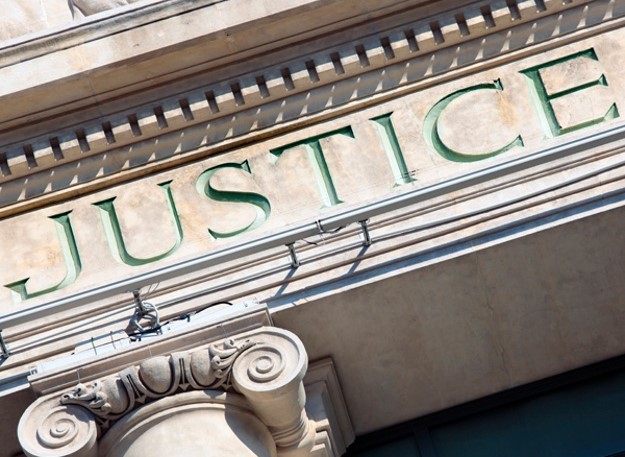Federal criminal forfeiture is a federal law that enables law enforcement agencies to seize assets that were either used in conjunction with illegal activity or were bought with money gained from illegal activity. According to the Department of Justice, the purpose of forfeiture is to “break the financial backbone of organized criminal syndicates and drug cartels, and to recover property that may be used to compensate victims and deter crime.”
Without understanding the process, people may (incorrectly) assume that the government can seize valuable assets such as your car, home, or even bank accounts after you have been arrested. Like everything else, there is a process that federal law enforcement agencies and the government must go through to seize your property. There are 3 types of forfeiture: criminal forfeiture, civil judicial forfeiture or administrative forfeiture.
Criminal Forfeiture
There are ways for law enforcement to seize assets without a criminal conviction. However, for criminal forfeiture, a conviction is required. After being charged, the government informs you of what they intend on taking. This may be in the form of property, an amount of money or other property to be used as a substitute asset. They will usually place a lien on each asset to ensure you don’t sell it during the pendency of your case. If you resolve your case by entering a plea of guilty, your attorney may be able to negotiate what assets get forfeited or show the government that a particular asset should not be forfeited. On the other hand, if you are convicted at trial, a prosecutor will have to convince either a jury or judge (if jury is waived), by a preponderance of the evidence, that the asset was either used to further criminal activity or was purchased from money generated from criminal activity.
Civil Judicial Forfeiture
A civil forfeiture is a proceeding initiated by the government against property that was derived from or used to commit an offense. Logistically, the Government will be the plaintiff and the property will be the defendant. For example, if a bag of cash was found at the airport, then the government may file a civil forfeiture proceeding against that property. While there is no criminal conviction required, the government must still prove that the property was linked to criminal activity. And, any person who has an interest in the property and potentially wants to fight for their interest, is permitted to do so and is called a claimant.
Administrative Forfeiture
The law allows for the United States to seize assets without the filing of a civil or criminal case. The matter ends up being resolved by the seizing law enforcement agency. For example, if a person is pulled over in their vehicle and a large amount of cash is found in the trunk, the agency may try and seize it. The seizure must be based upon probable cause. There are notice requirements that must be met and time limits on the part of the seizing agency. Any person claiming the property must show that the property is or was legitimately obtained. In some situations, a person may decide that it is not in their best interest to fight the administrative forfeiture in order to prevent potential criminal charges.
Innocent Third Parties
There are scenarios when a third party may legitimately claim ownership in all or part of an item that was forfeited. After a preliminary order of forfeiture is entered, a separate proceeding begins to determine if any innocent third parties have an ownership interest. For example, if the government tries to take someone’s house, the bank (or another lender) may object if they are owed money.
After the Court issues a preliminary order of forfeiture, the government is required to publish a list available to the public on the internet—of their intention to seize something. Anyone who wishes to object (e.g., a mortgage lender) can do so formally at a hearing.
Puglisi Law
For over twenty years, Sabrina Puglisi has provided professional and reliable legal services to those charged with state or federal crimes. Allow Puglisi Law to be someone you can trust during the challenging times in your life. Contact us today to schedule a free consultation.



